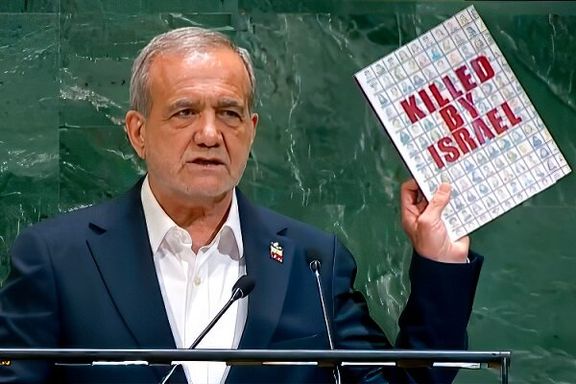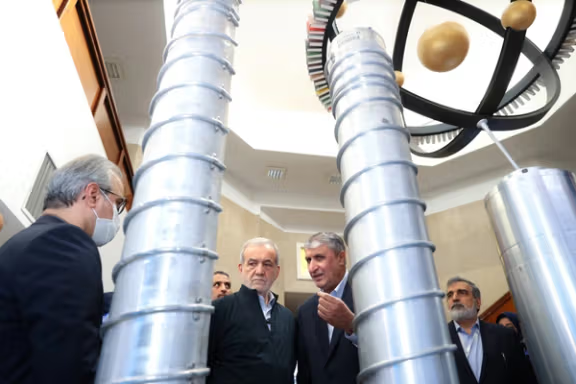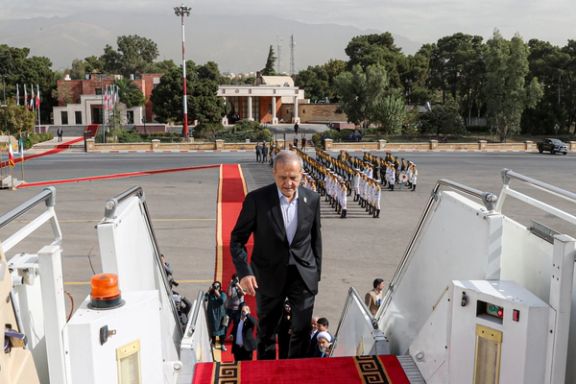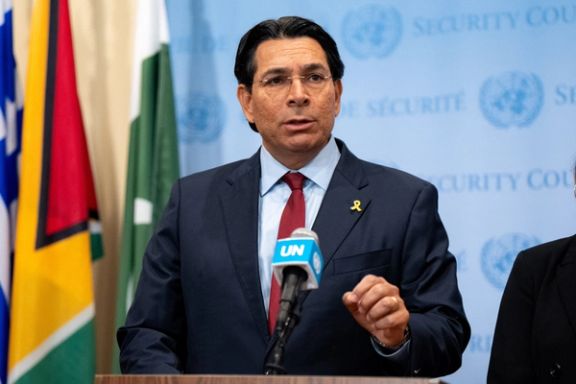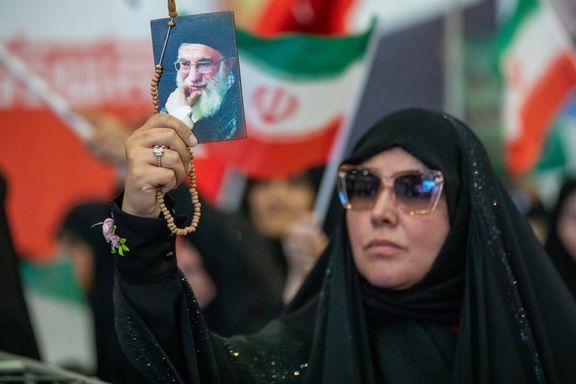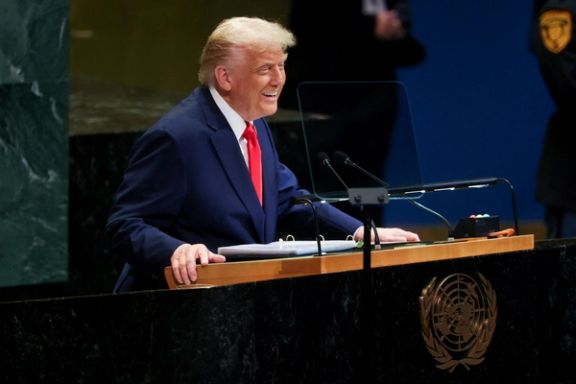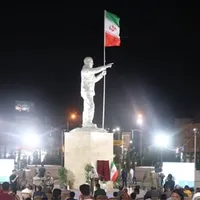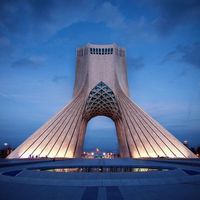“They have the capacity. A number of centrifuges may have escaped damage,” Rafael Grossi, director-general of the International Atomic Energy Agency (IAEA), told The Times.
“They have places where they manufacture these components -- rotors, bellows and things -- where they do all these activities. So if they wanted to, it would just be a matter of time.”
Grossi said it would take “not much time” to enrich Iran’s stockpile of uranium from its current 60% purity to 90% weapons-grade. “It’s a matter of weeks -- not months or years,” he said.
Although inspections have resumed at some sites after Tehran suspended cooperation following the June strikes, Grossi said his agency had yet to gain access to Iran’s uranium stockpile.
“They seem to be quite protective of this,” he said, adding that Iran believes the material could still be vulnerable to further attacks.
Iran says its uranium stockpile was buried under rubble after the strikes on its facilities and is now out of reach.
Grossi confirmed the Fordow enrichment plant had sustained “considerable damage,” saying: “The kinetic impact, the earth movement and all of that, we can say with a great degree of confidence, must have affected almost totally the equipment that was in place.”
Eslami vows to rebuild facilities, rules out US talks
Mohammad Eslami, head of Iran’s Atomic Energy Organization and a vice president, told Sky News that the Fordow, Natanz and Isfahan facilities were hit by 30,000lb US bunker-busting bombs in June.
“It is quite normal that during a military attack on facilities, they incur damage and the infrastructure is destroyed,” he said. “What is important is that science, know-how, technology, and industry are long-standing and deeply-rooted in the history of Iran.”
Eslami added that enrichment was for peaceful purposes, dismissing Western claims that Iran sought nuclear weapons.
“The enrichment percentage, what is presented in public opinion and in the media, is fueled by politicians, adventurers, and our enemies,” he said. “The enrichment percentage is not necessarily for weapons when it is high. We need higher enrichment for our sensitivities and precision measurement tools. No one is selling us these items. We need these products for the safety system of our reactors and for sensitive processes used for managing our reactors.”
He ruled out talks with Washington. “There is no need to talk to them,” Eslami said.
“The US government has committed great injustice to the Iranian people, has inflicted heavy blows on Iran since the beginning of the Islamic Revolution, and has recently carried out military attacks against our country. An enemy is an enemy, even if they have not shown hostility, while their hostility is great, it is futile to talk to such an enemy.”
Snapback sanctions deadline looms
The interviews come as European powers held last-ditch talks with Iran in New York before a September 27 deadline for the reimposition of UN sanctions, triggered under the 2015 nuclear deal’s “snapback” mechanism. Britain, France and Germany accuse Iran of non-compliance, while Tehran says its program remains peaceful.
Diplomats say sanctions will return automatically unless Iran restores access for UN inspectors and addresses concerns over its enriched uranium. The measures would reinstate UN travel bans, asset freezes, and arms restrictions, compounding already severe US and EU sanctions.
Iranian Foreign Minister Abbas Araghchi said in New York he was using the “remaining days for diplomatic consultations that might lead to a solution,” but warned that if no compromise was found, “we will continue our path.”
President Masoud Pezeshkian has pledged Iran would “overcome” renewed sanctions, though the rial has hit record lows and inflation is nearing 50%.
The United States estimates the strikes set back Iran’s nuclear ambitions by up to two years, but Grossi cautioned it was “subjective.”
“Yes, they can reconstruct it but it would take a considerable amount of time, which could be measured in years,” he said.
Iranian officials argue the country’s capabilities cannot be erased. “What is important is that science, know-how, technology, and industry are long-standing,” Eslami said.
As the clock ticks toward sanctions snapback, Grossi warned the stakes remain high. “It’s a matter of weeks, not months or years,” he said of Iran’s ability to reach weapons-grade enrichment — a timeline that underscores both the urgency of diplomacy and the fragility of containment.
